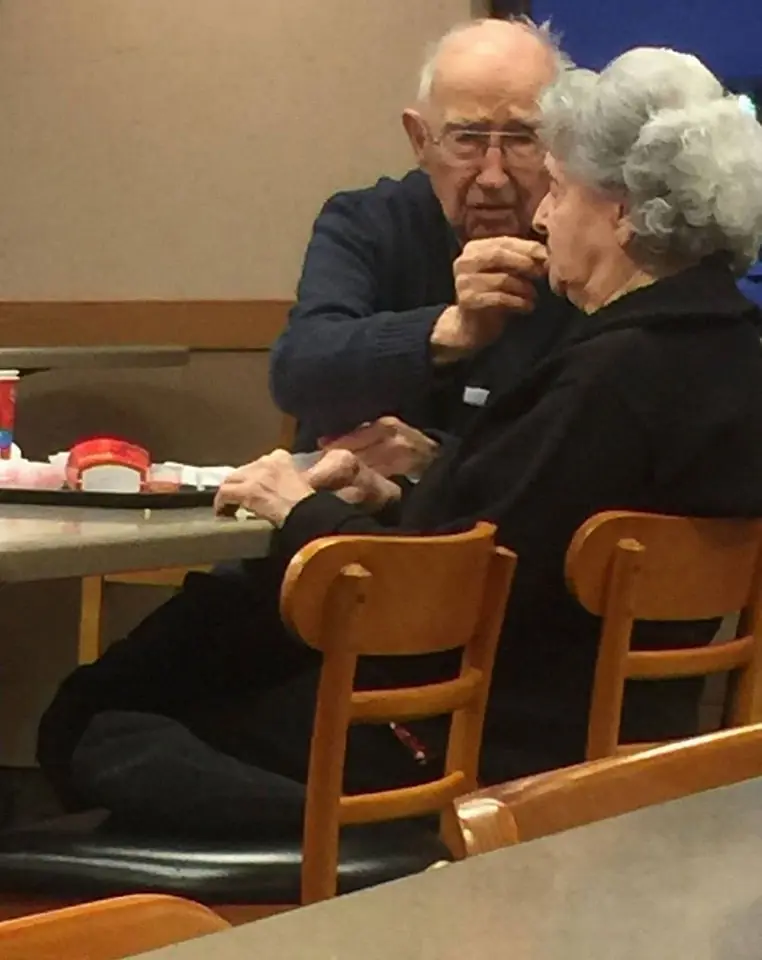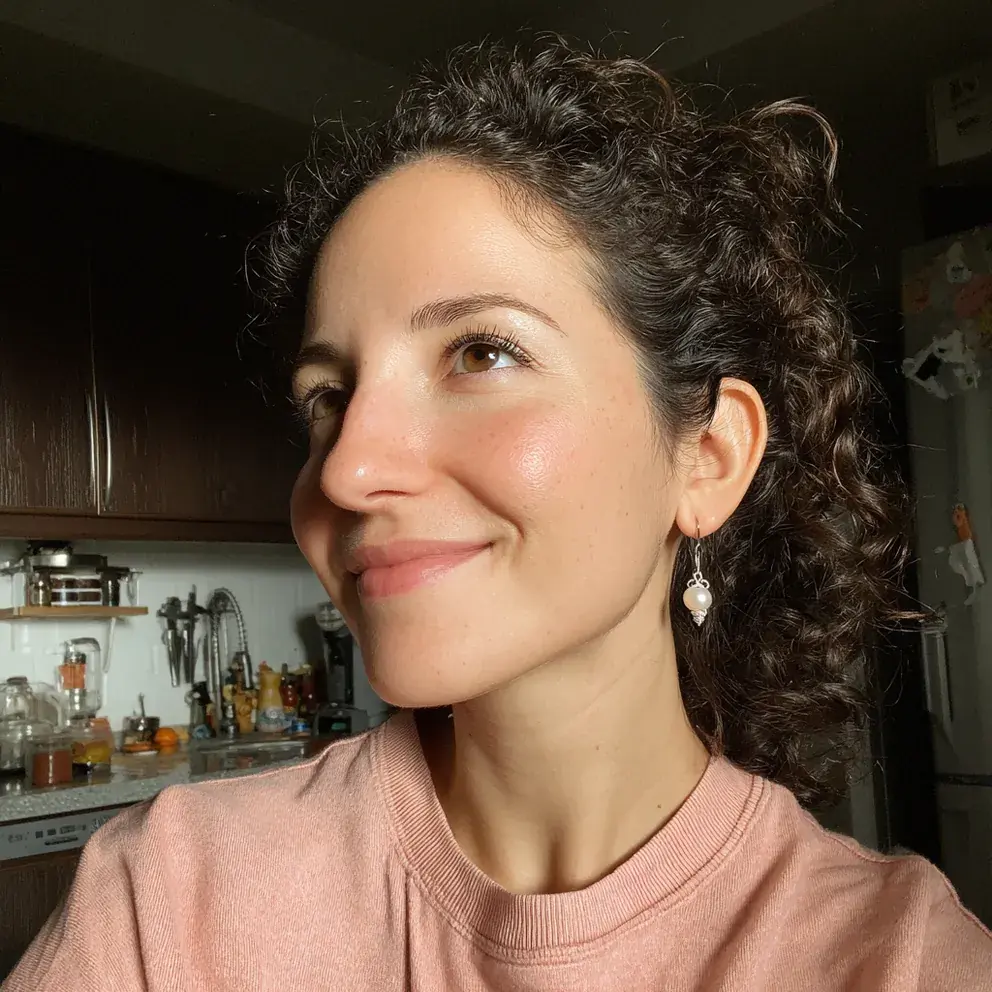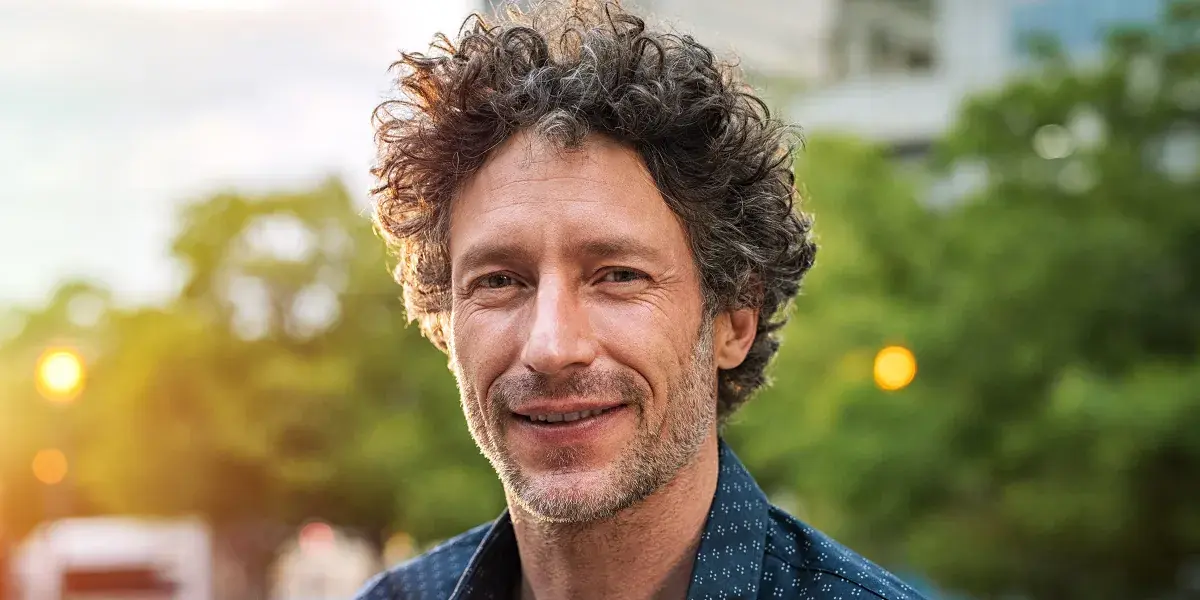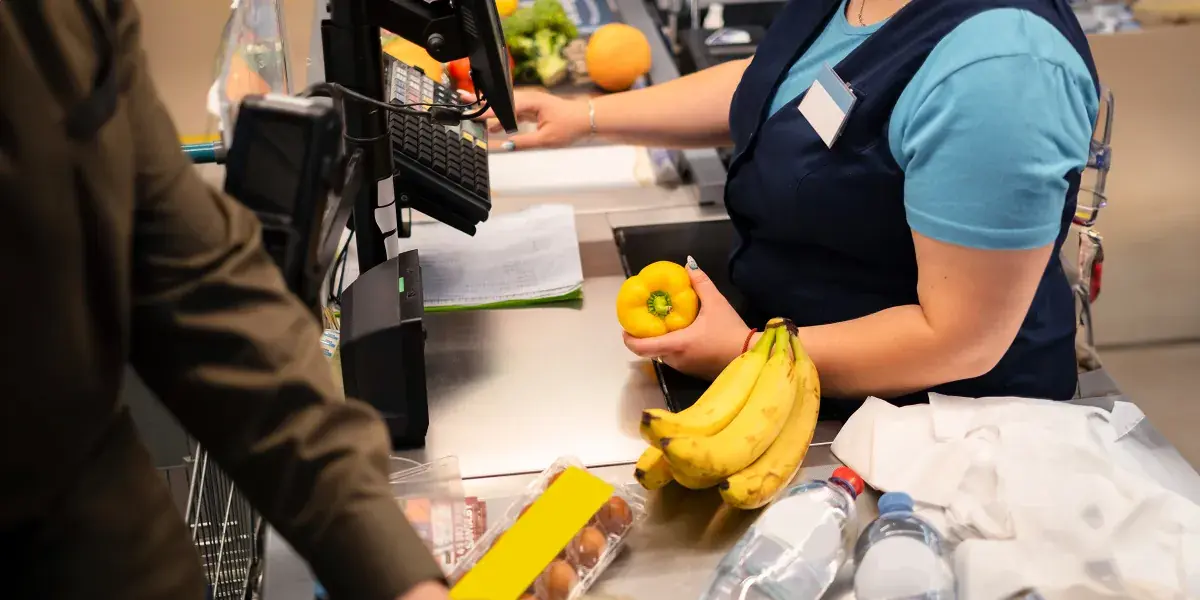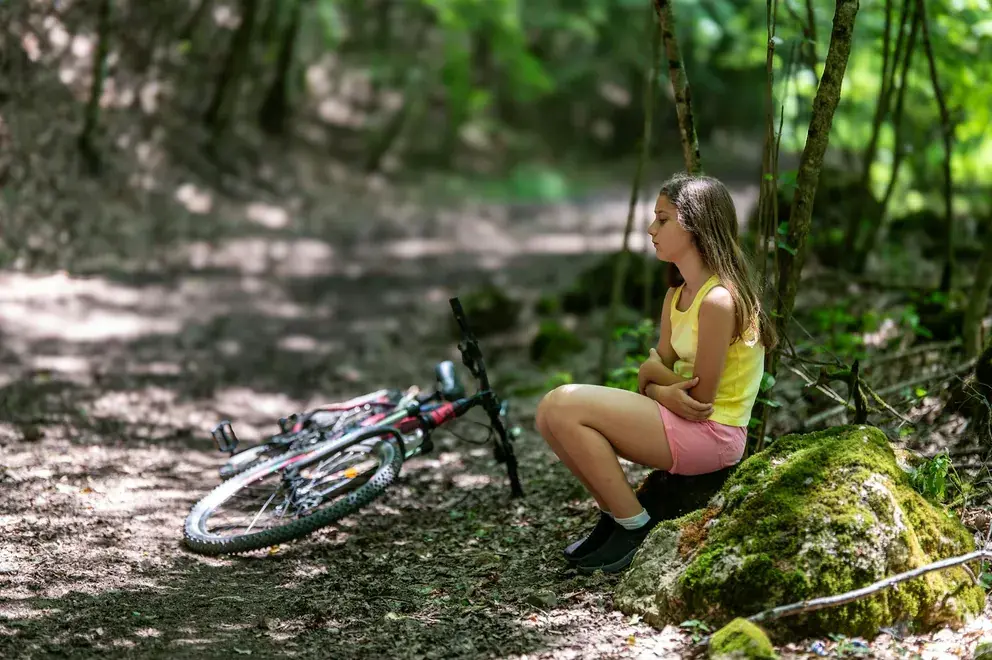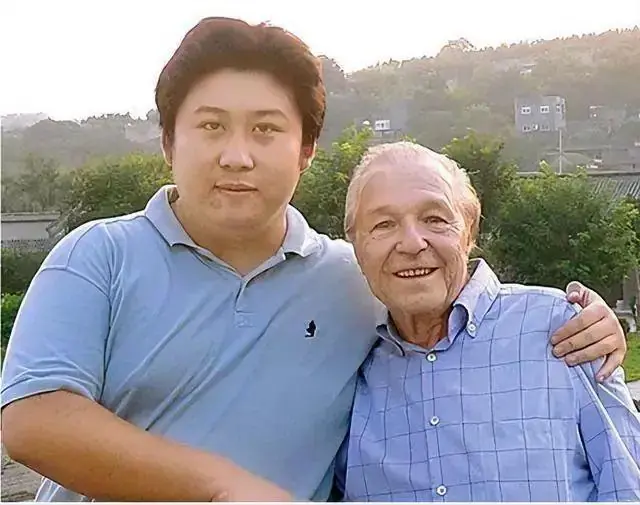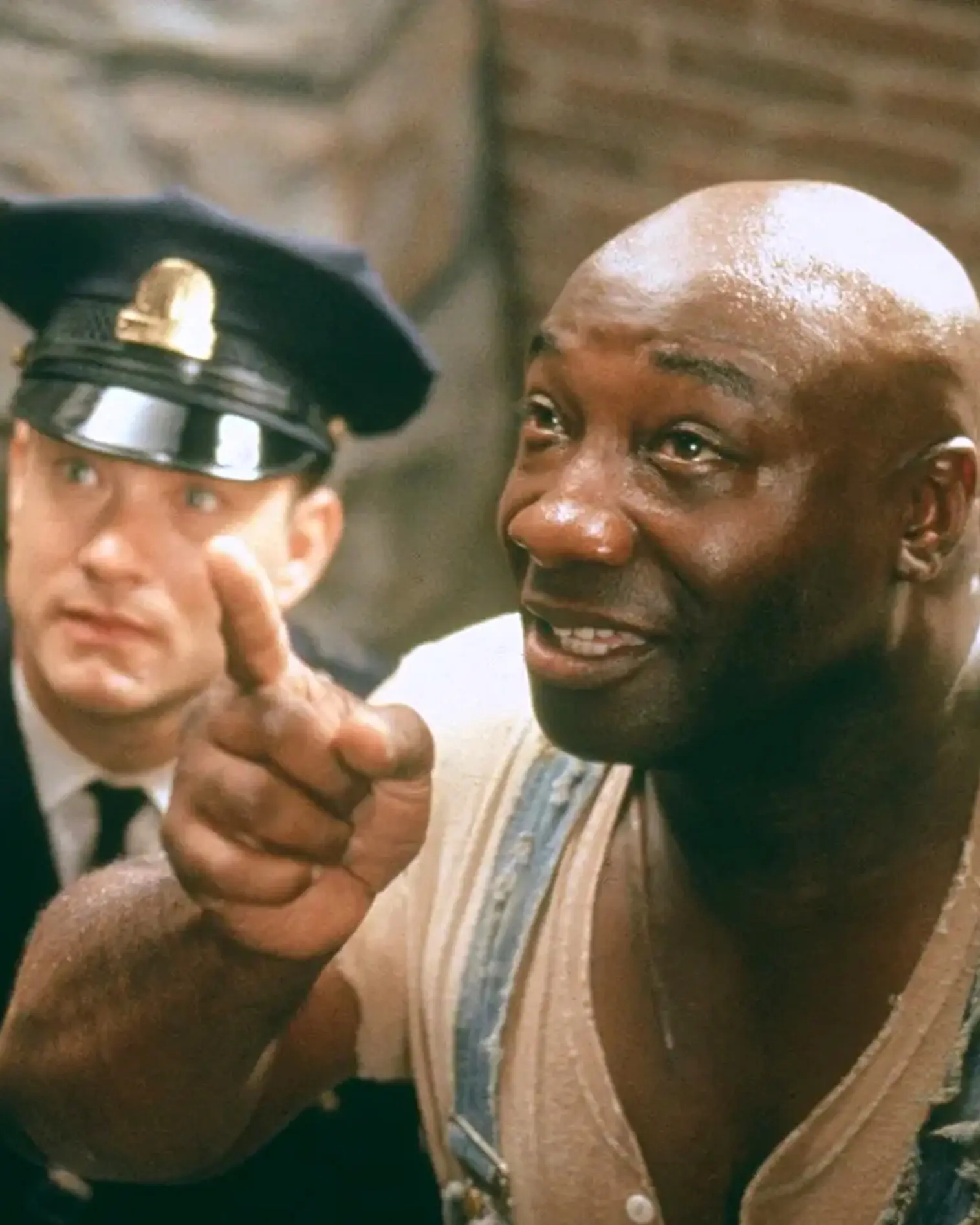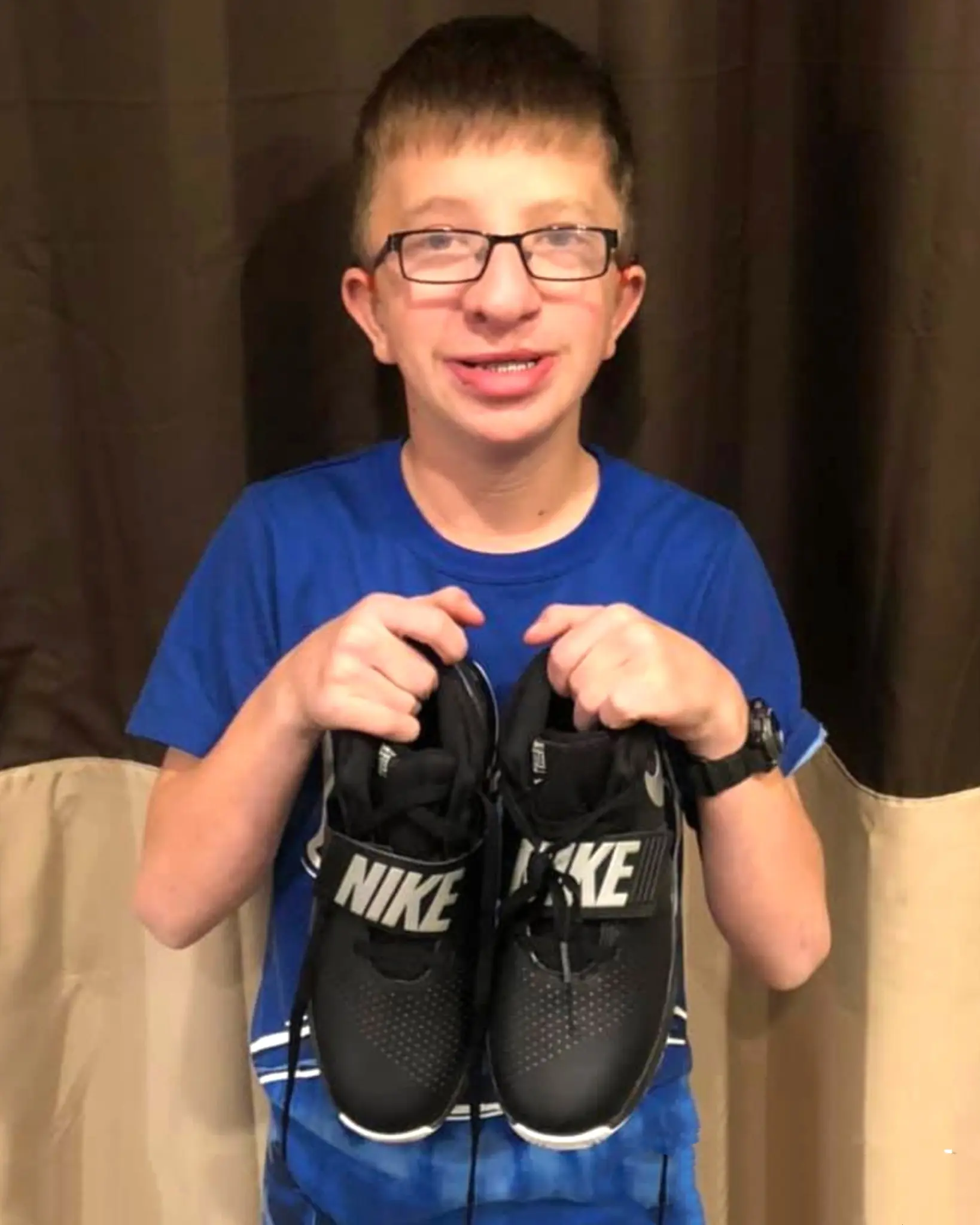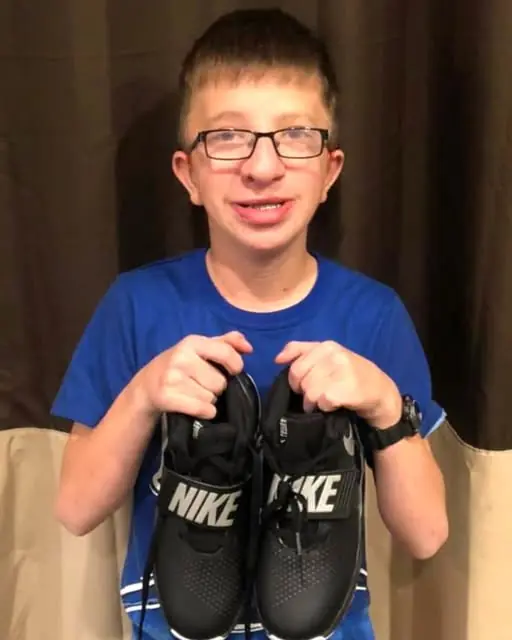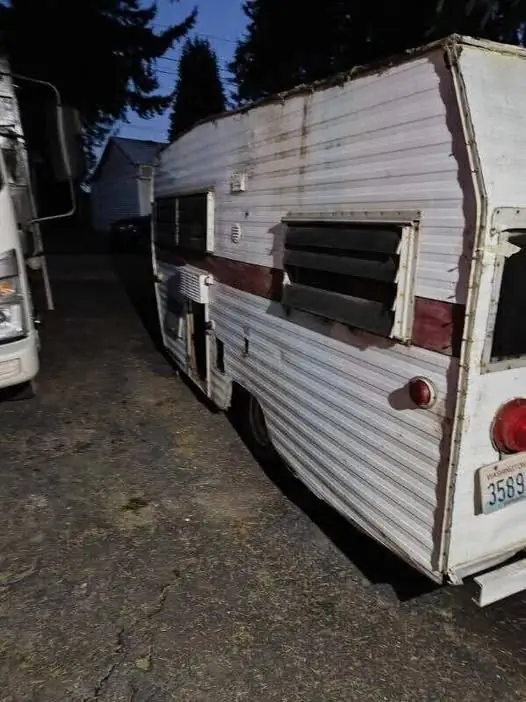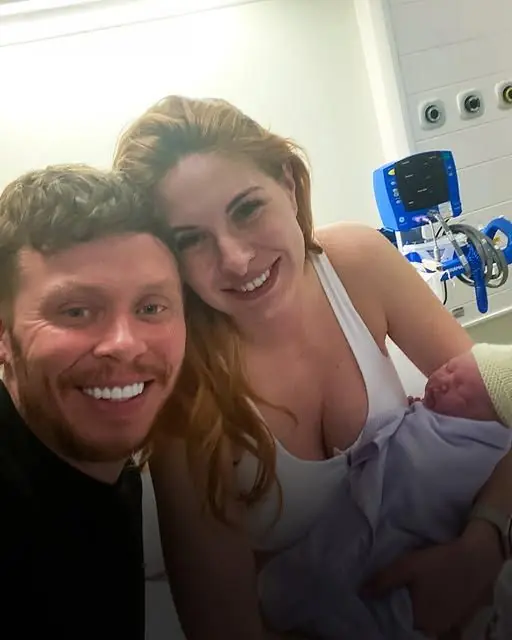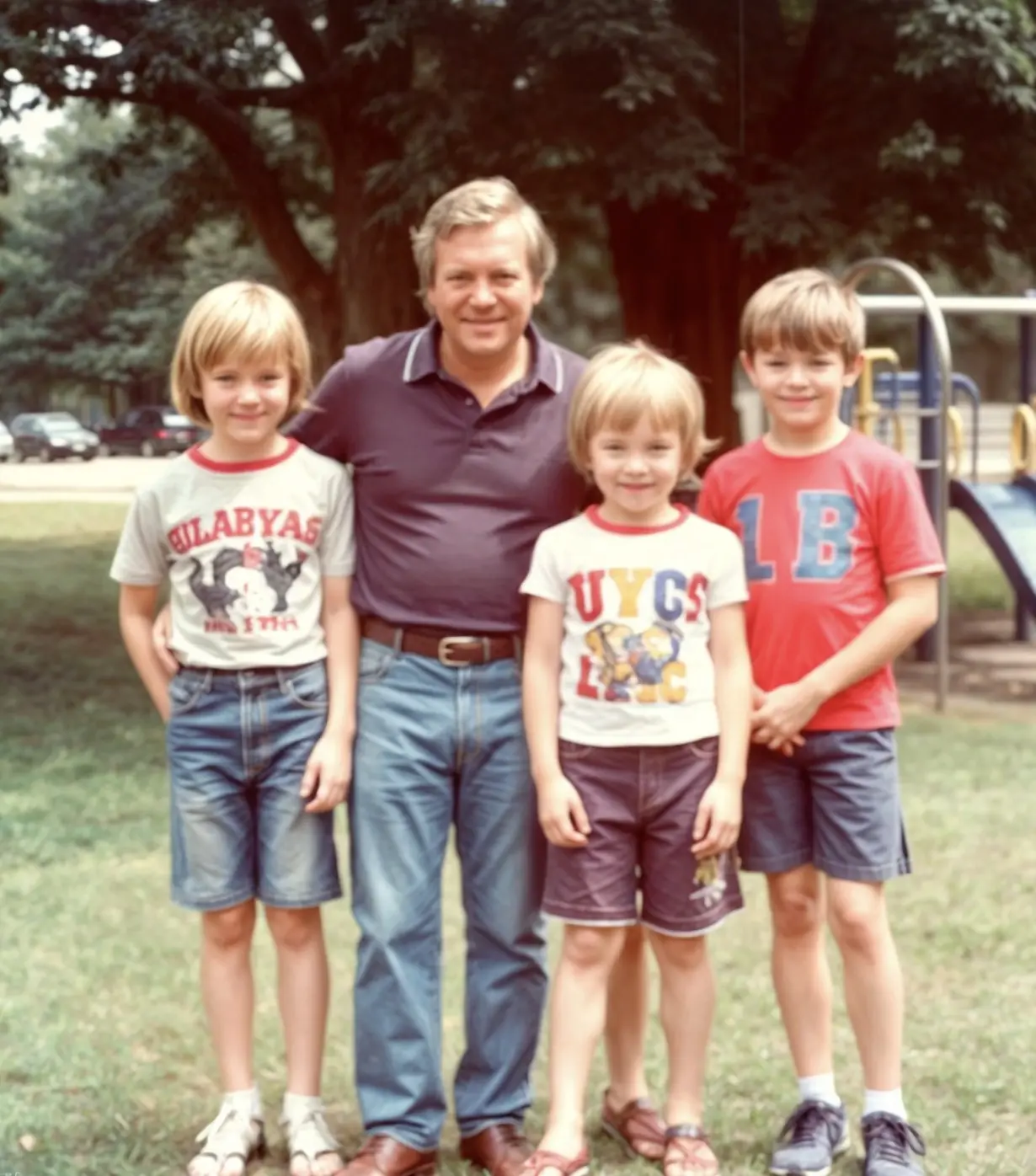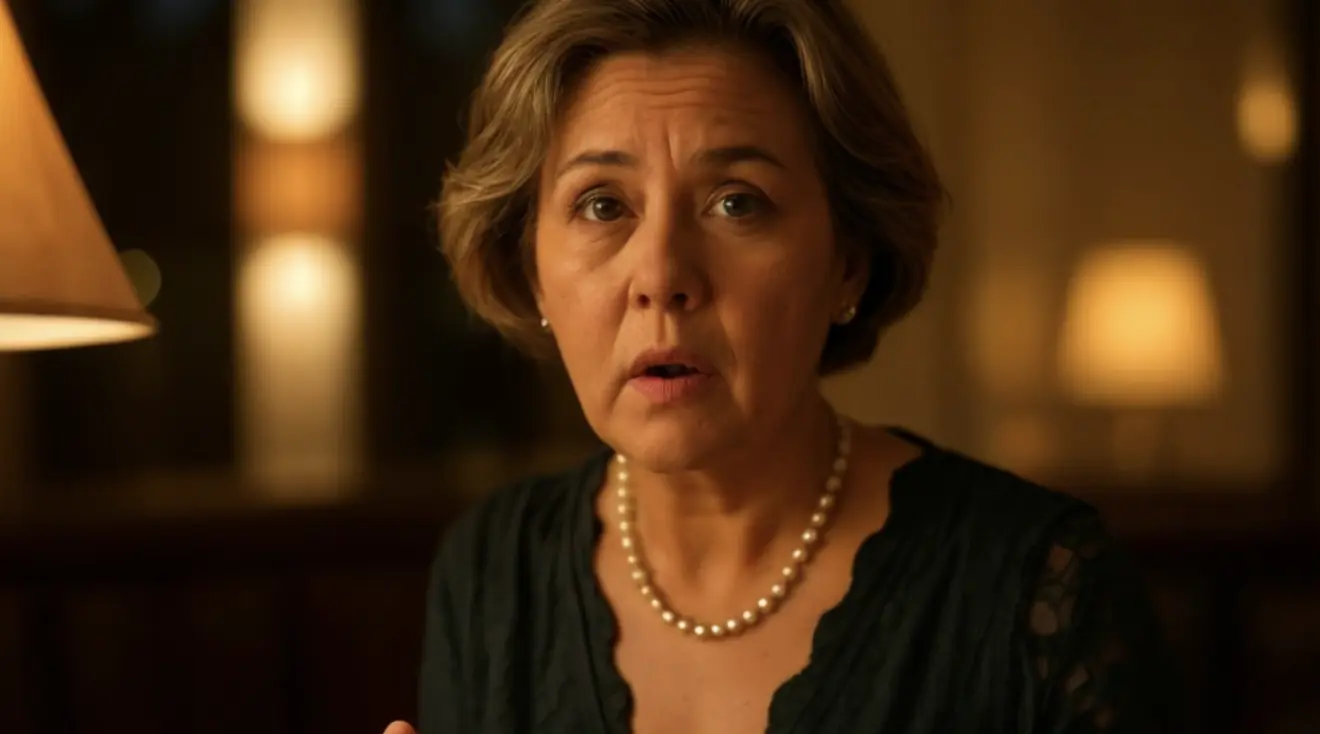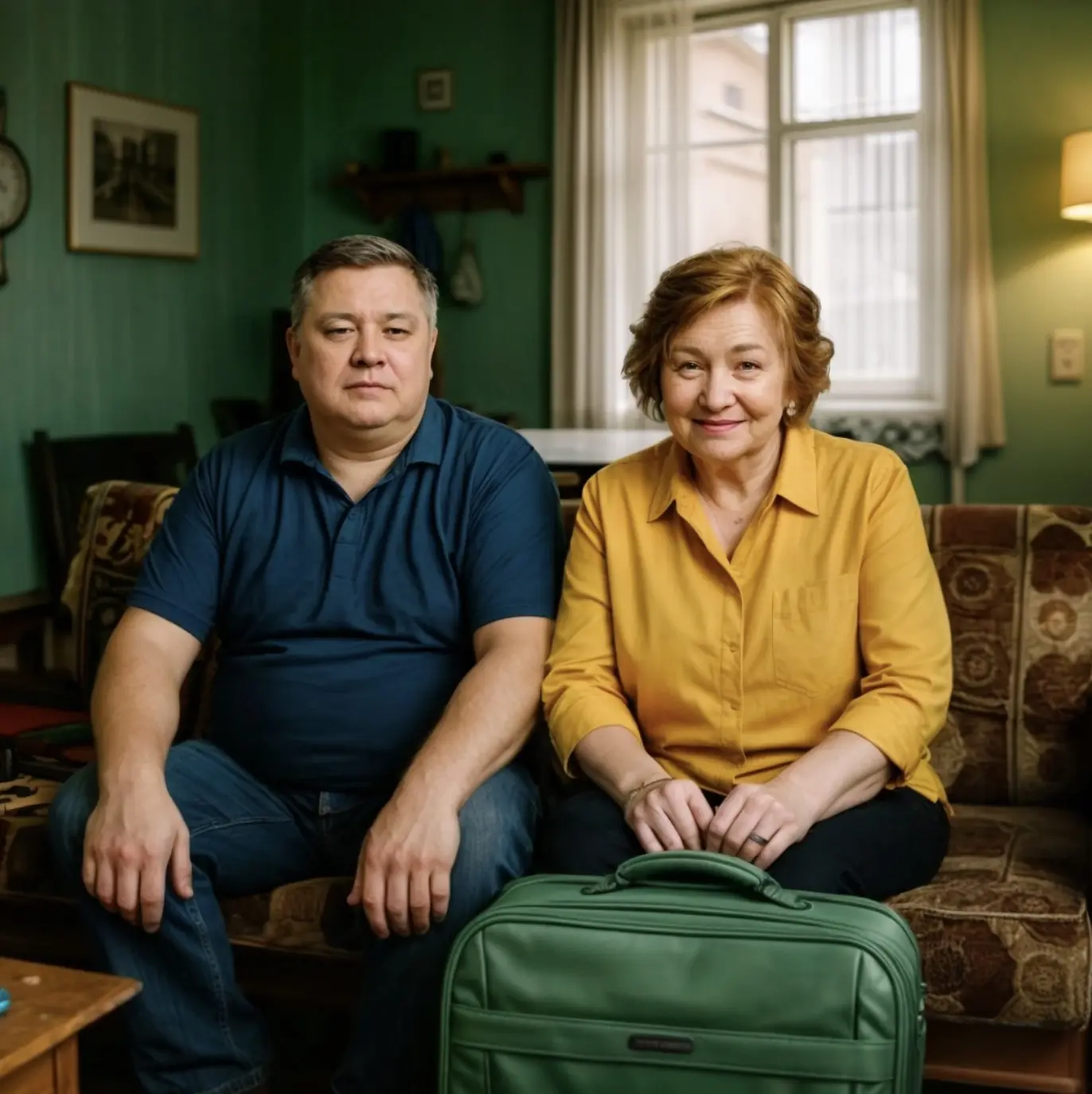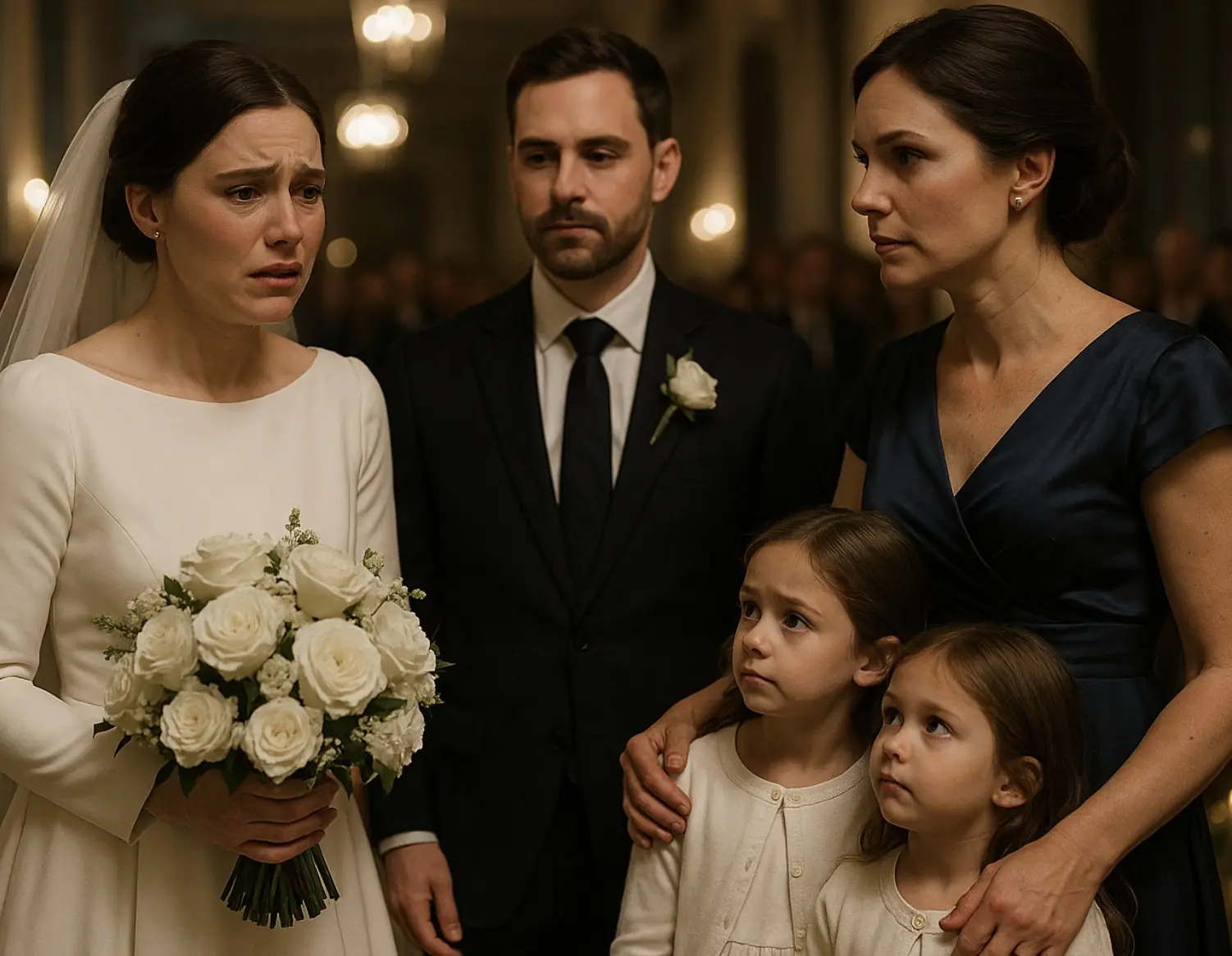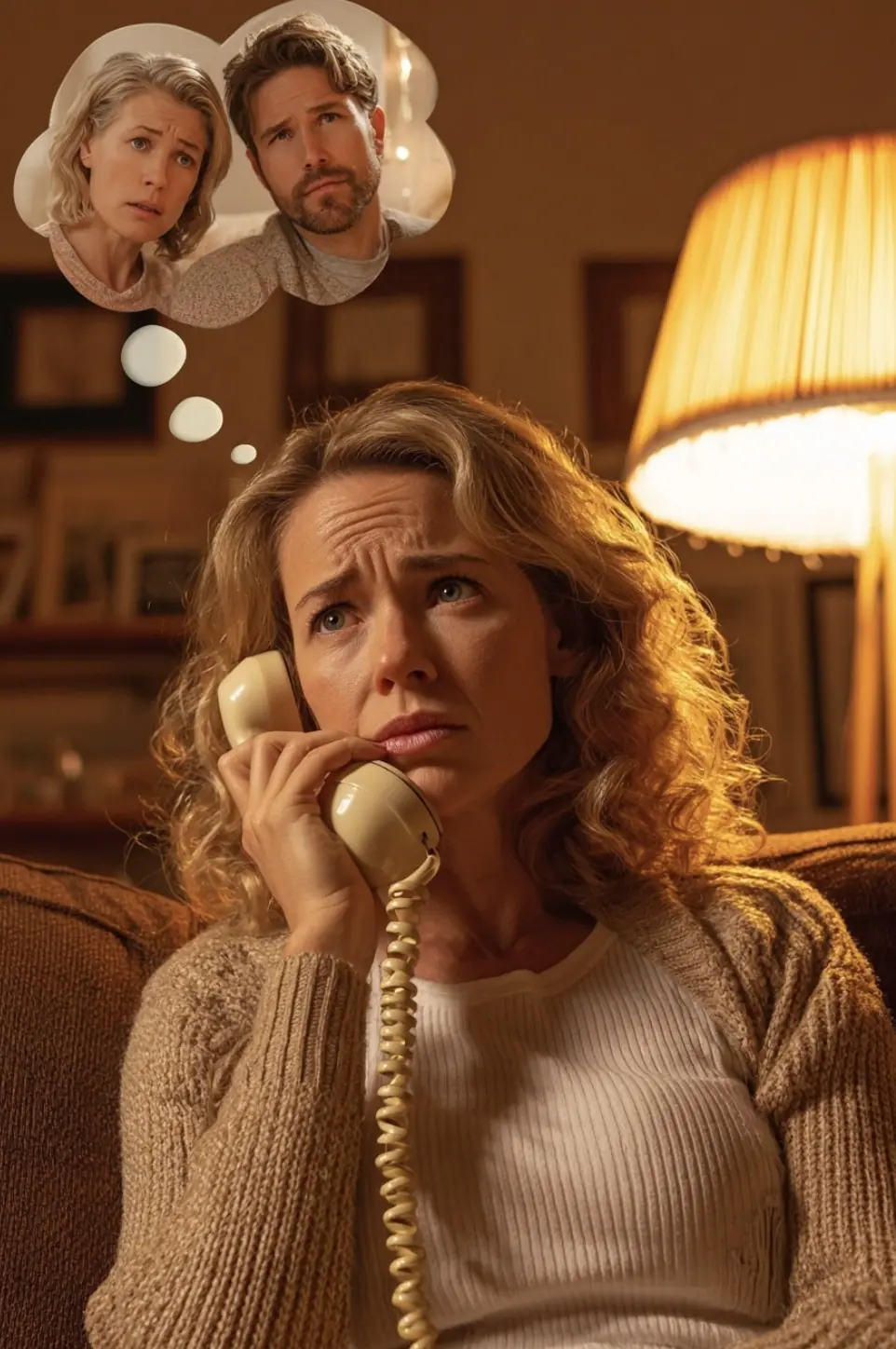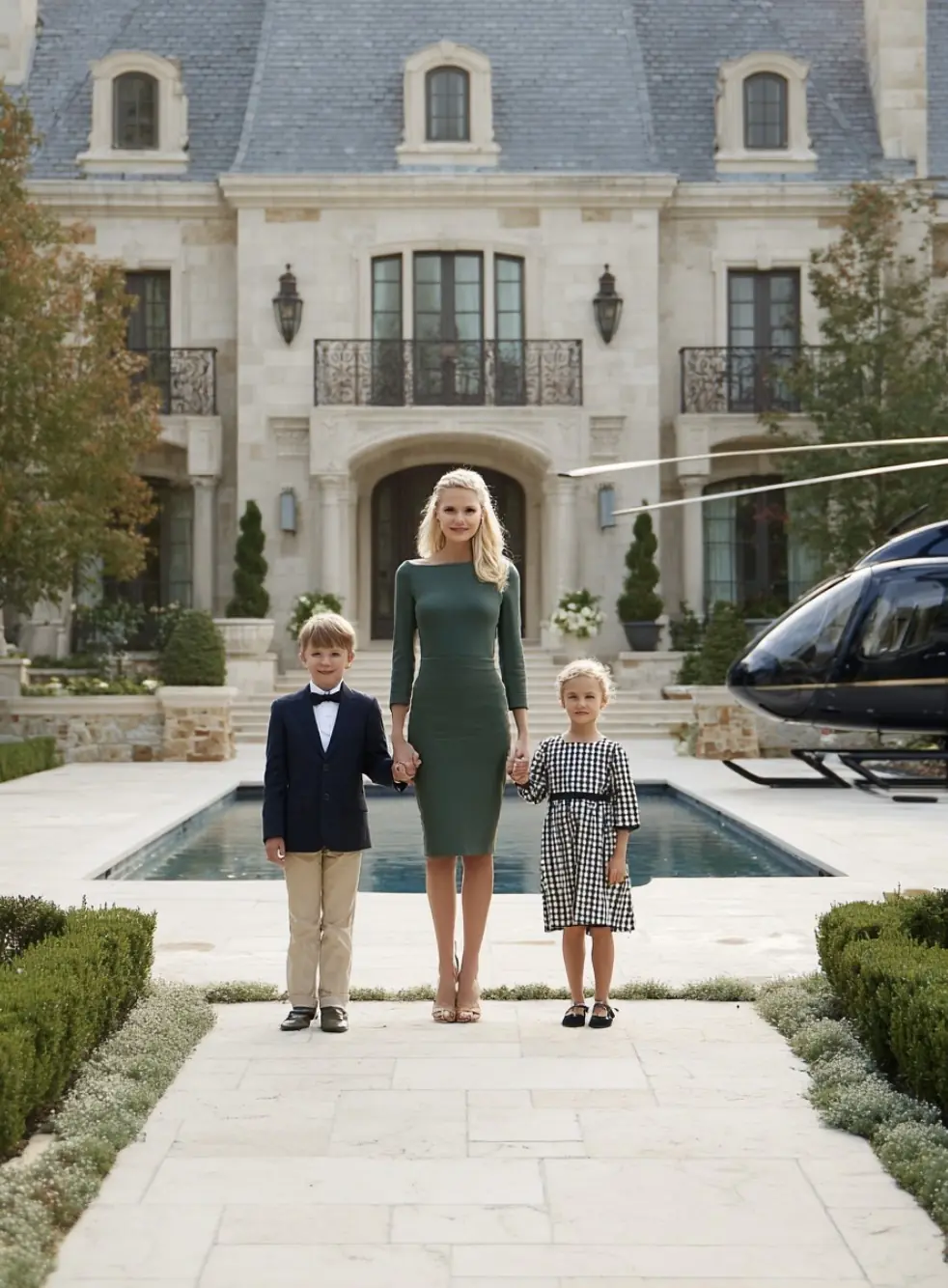When rescuers discovered Debbie, a 40-year-old parrot, she was desperately clinging to life.


After the passing of her cherished owner, Debbie was left behind in a silent, empty house—isolated, confused, and neglected. For two long weeks, she waited in the stillness, with no food replenished and no soothing voice to comfort her. No one came to her aid. No one even knew she was there. She did her best to survive, but by the time help arrived, the effects of that solitude were painfully evident.
Debbie was quickly transported to Marin Humane, just in time. Shelter staff described the scene with a sense of urgency and compassion. “She could barely stand,” Sam W., the shelter operations manager, explained. “She would eat and drink, but very slowly. She required a lot of support—special perches, a padded enclosure to keep her safe in case she fell, a heat source, therapeutic lighting, gentle handling, and a carefully enriched diet.”
In the fragile early days, Debbie looked almost unrecognizable from the vibrant parrot she had once been. Her voice, which had likely been bright and talkative, was completely silent. Her body, once energetic and alert, was now hunched and frail. Her eyes, once full of curiosity, now seemed distant. She was not just physically weak—emotionally, she had closed herself off.
However, even in that hushed, withdrawn state, there was a spark of something more.
Shelter staff continued to nurture her with unwavering patience and tenderness. They provided warmth, calm, consistency, and perhaps most importantly, their presence. Slowly, Debbie began to show signs of life. First, a small improvement: she began holding her head up for longer periods. Then, she started accepting food more eagerly. Gradually, traces of her personality began to emerge.
“As she regained strength, she became brighter and a bit more cheeky and opinionated,” Sam said. “We knew Debbie was still there, waiting to come back.”
That transformation continued when Debbie moved into a foster home with Carina, who was ready to let Debbie move at her own pace—no pressure, no expectations—just kindness.
“When she first arrived, she would hunch over and quietly hiss at me the whole time,” Carina shared. “She was still clearly frightened. But after a few days of carefully offering corn, she started to respond. Now, she’s curious every time I walk in. She wants to see what treats I’ve brought her.”
Carina works from home and often sits beside Debbie’s open cage. While Debbie isn’t yet ready to be touched, they’re building something more important: trust.
Every morning now begins with Debbie’s cheerful “hello,” followed by a playful, “Whatcha doing?” She watches the world from her window perch, captivated by birds, squirrels, and especially the garbage truck. She makes soft, joyful noises at mealtime, clearly relishing her new routines and feeling safe once again.
Thanks to her rescuers, Debbie’s story didn’t end in silence. It is entering a new chapter—one filled with light, security, and hope.
But her journey is far from over.
Debbie is still waiting for her forever home—one that understands the unique needs of older or emotionally fragile parrots. She’ll thrive in a peaceful, sun-filled space where someone can be with her during the day. While she may never be a cuddly bird, she will be loyal, affectionate, and offer quiet surprises to the right person.
“She would likely enjoy a home with lots of natural light and windows for her to watch the world outside,” Sam said. “Someone who can spend time with her, but is comfortable with minimal handling.”
Debbie may be older, and her movements may be slower, but she is far from finished living—and certainly far from finished loving.
